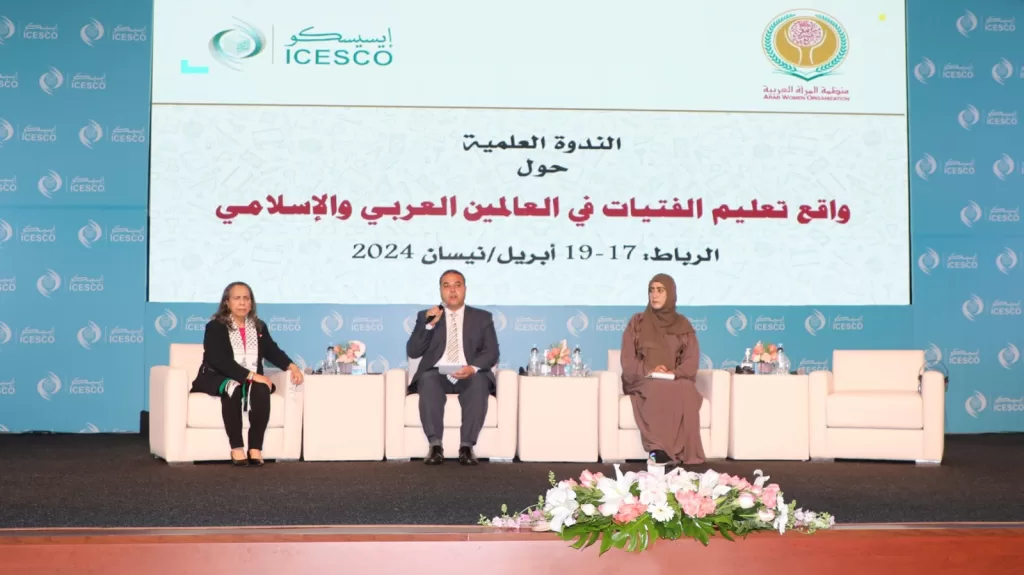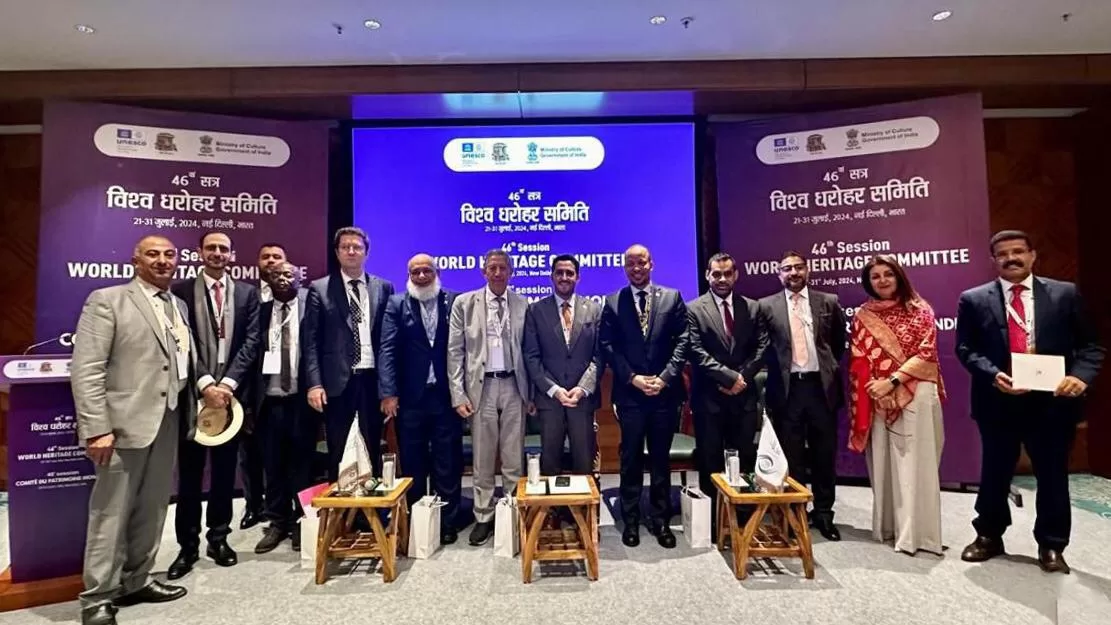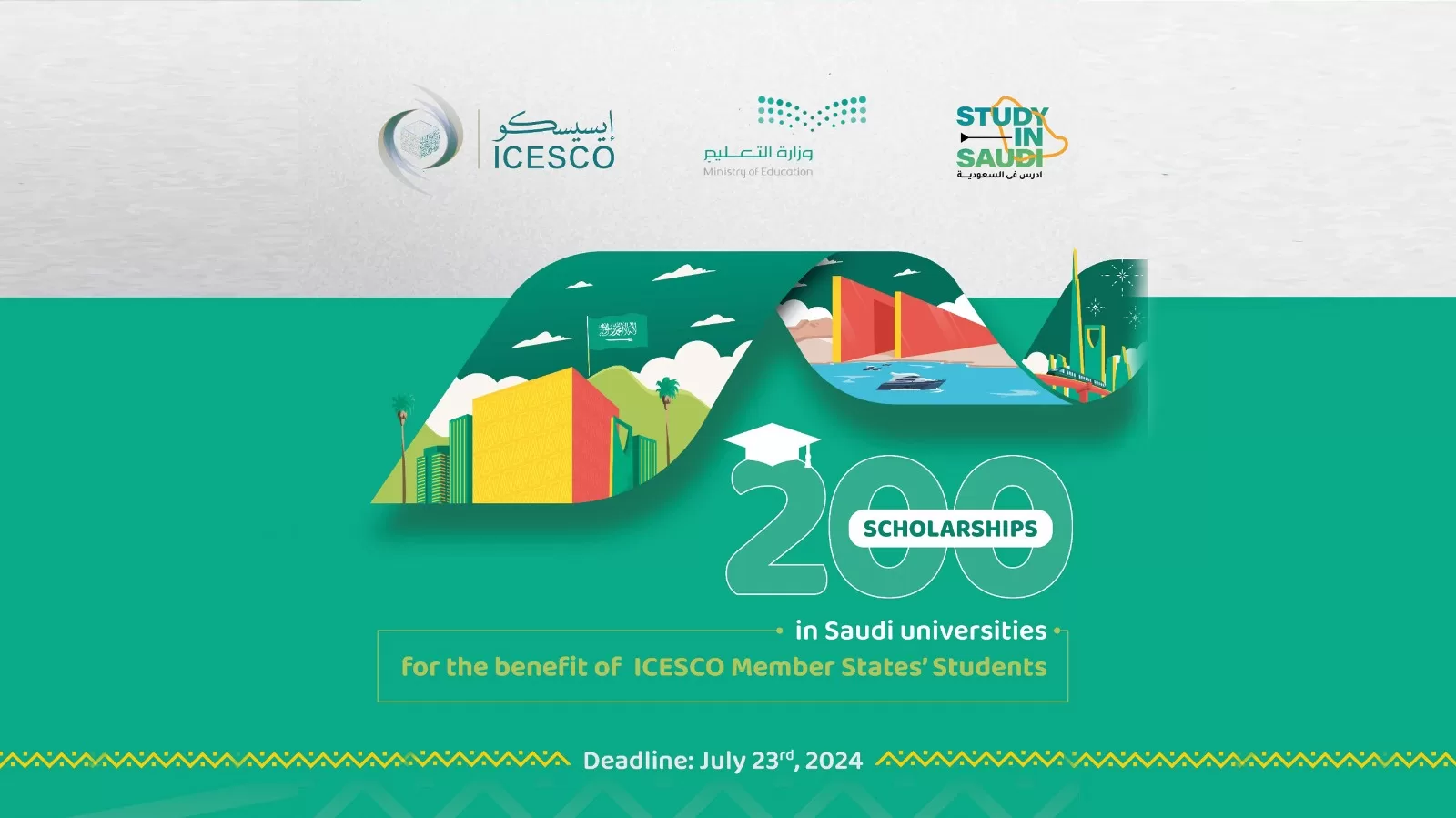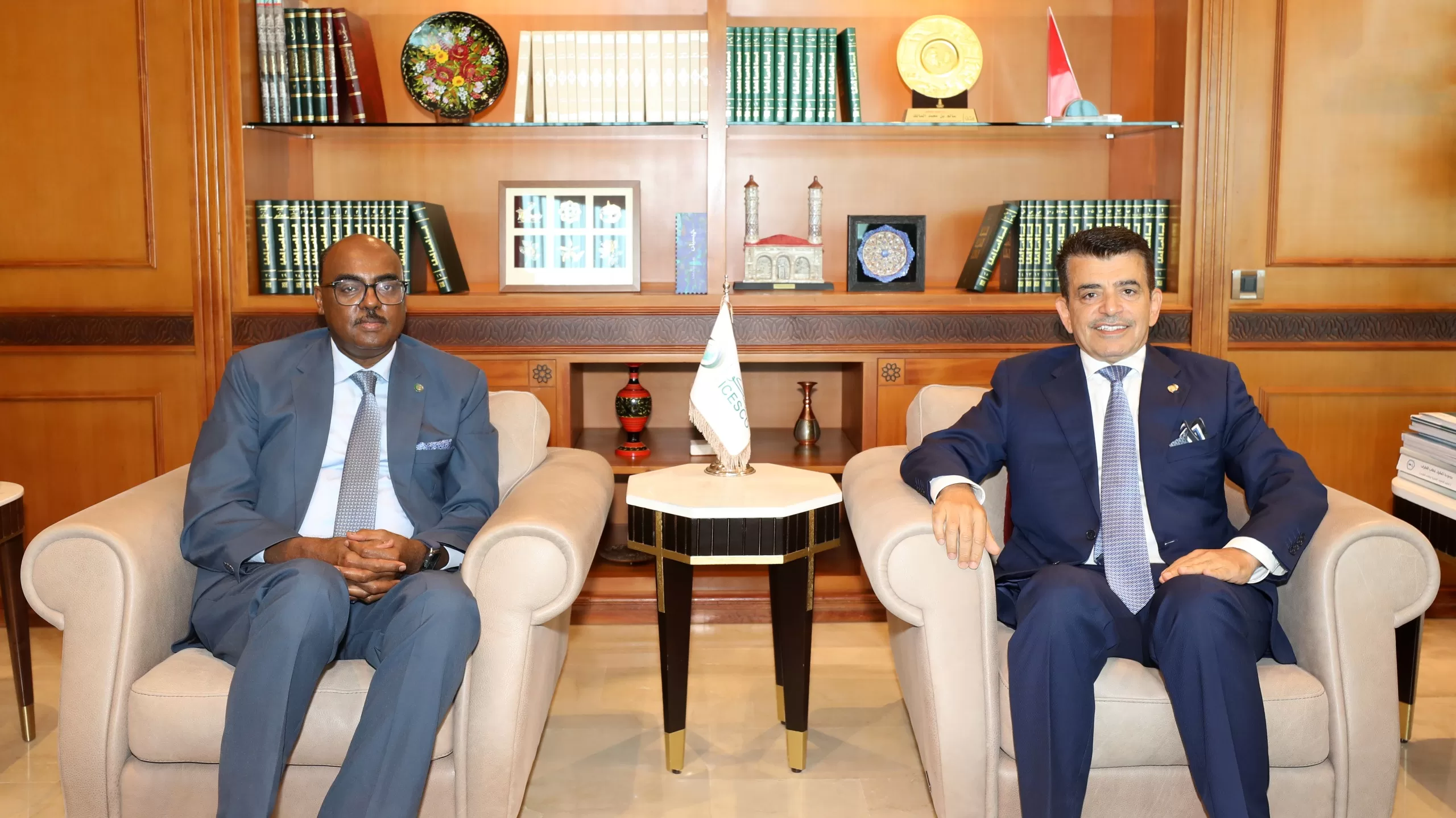
International Scientific Seminar on the Status of Girls’ Education in the Arab and Islamic Worlds Kicks off at ICESCO’s Headquarters
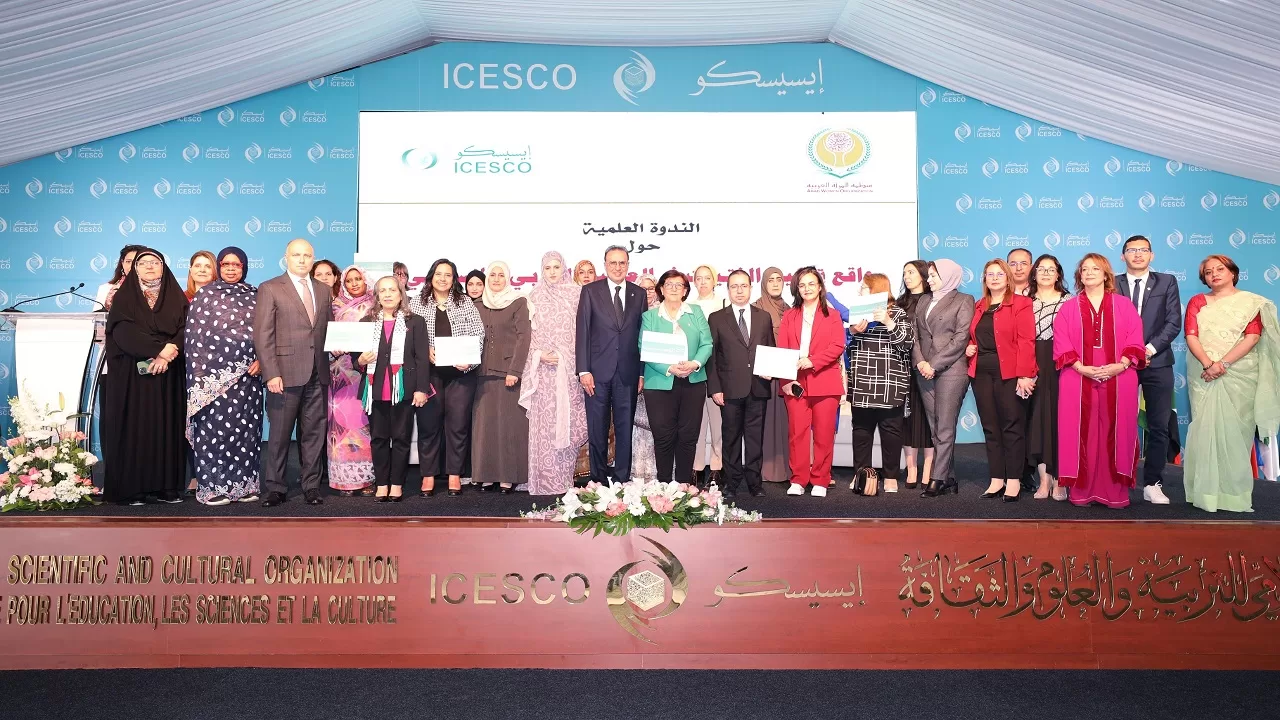
17 April 2024
The scientific seminar, organized by the Islamic World Educational, Scientific and Cultural Organization (ICESCO), in partnership with the Arab Women Organization (AWO), kicked off on Wednesday, 17 April 2024, to discuss the status of girls’ education and provide the essential knowledge and tools and exchange expertise with the aim of promoting dialogue on ensuring inclusive and integrated education for girls in the Arab and Islamic worlds.
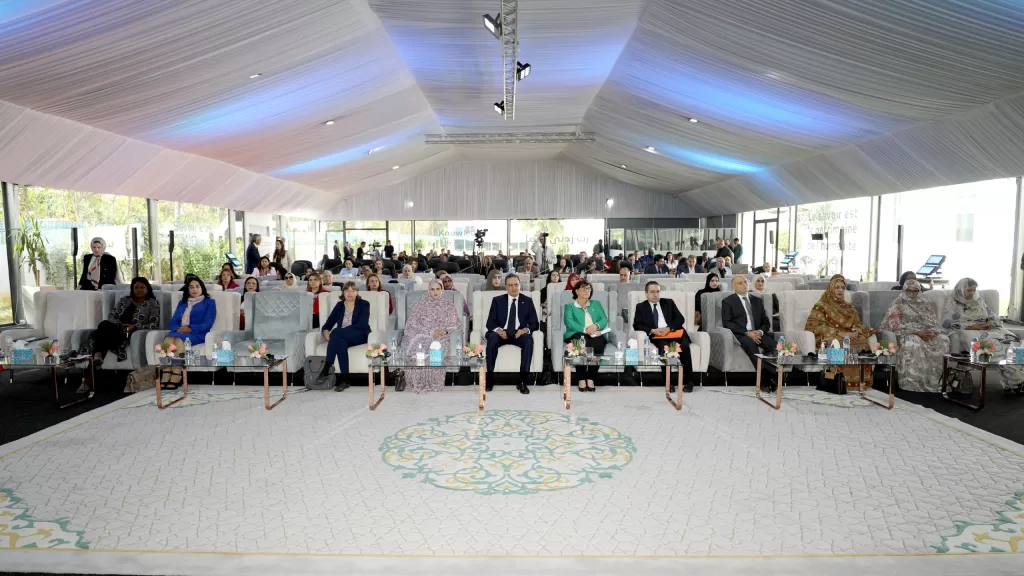
The opening session initiated with the recitation of verses from the Holy Quran, followed by the address of Dr. Salim M. AlMalik, ICESCO Director-General (DG) , delivered on his behalf by Dr. Abdelillah Benarafa, ICESCO Deputy DG. Dr. Benarafa stressed ICESCO’s keenness to achieve equity and provide quality education for all learners, support girls’ capacity building in literacy and numeracy skills and endeavor to enable innovation and change, calling on the international community to promote synergy and devote appropriate consideration to education in the developmental processes.
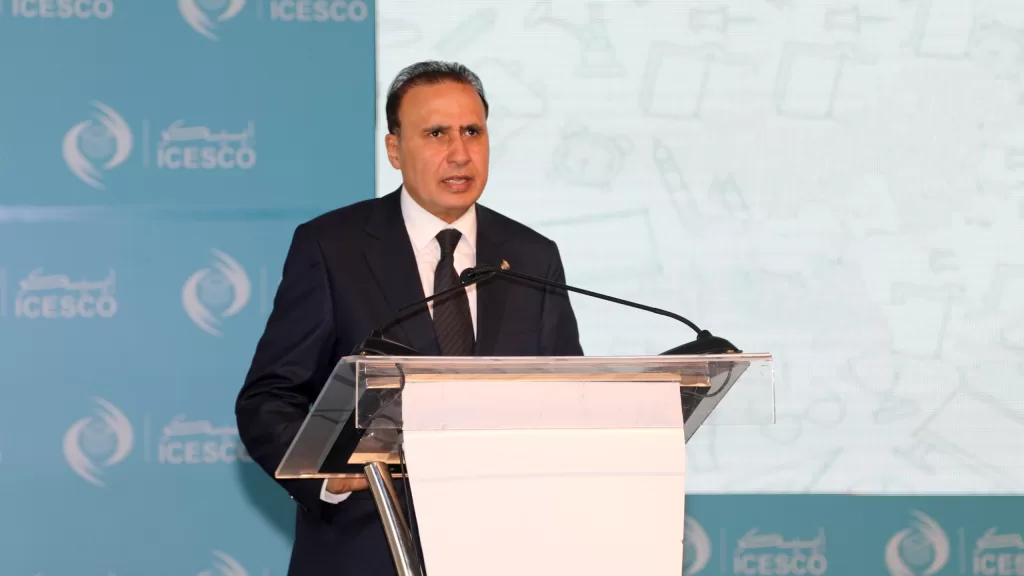
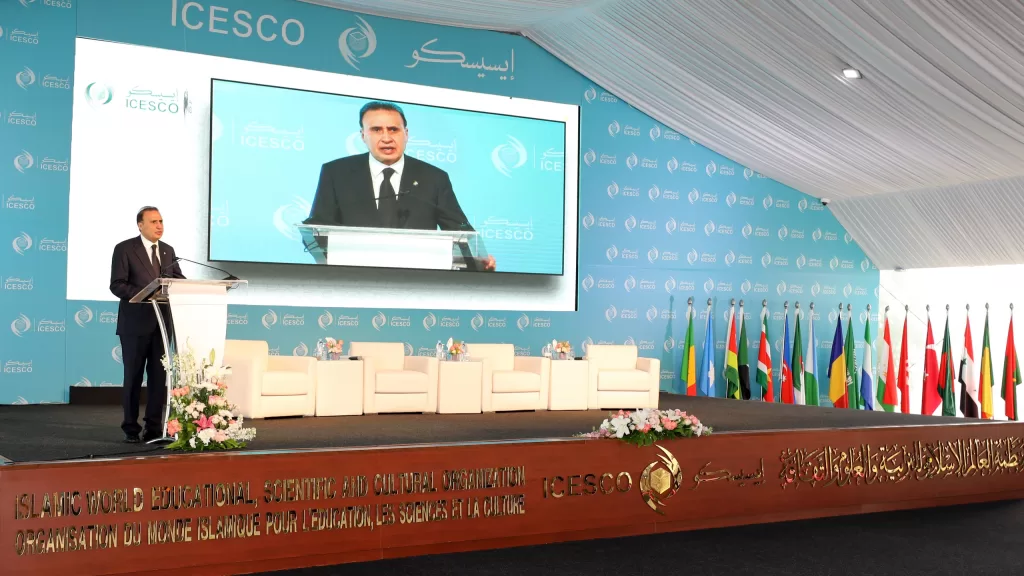
Dr. Fadia Kiwan, AWO Director-General, and Dr. Salim M. AlMalik, via videoconferencing, then revealed the slogan of the seminar: “Just Let Her Go to School.” In her intervention, Dr. Fadia stated that the seminar aims to exchange knowledge and expertise on the status and prospects for joint efforts to overcome obstacles to girls’ education. Dr. Fadia underscored the significant development of the Arab and Islamic countries over the past two decades as school enrollment for boys and girls witnessed a qualitative leap in several countries, except in those experiencing wars and armed conflicts.
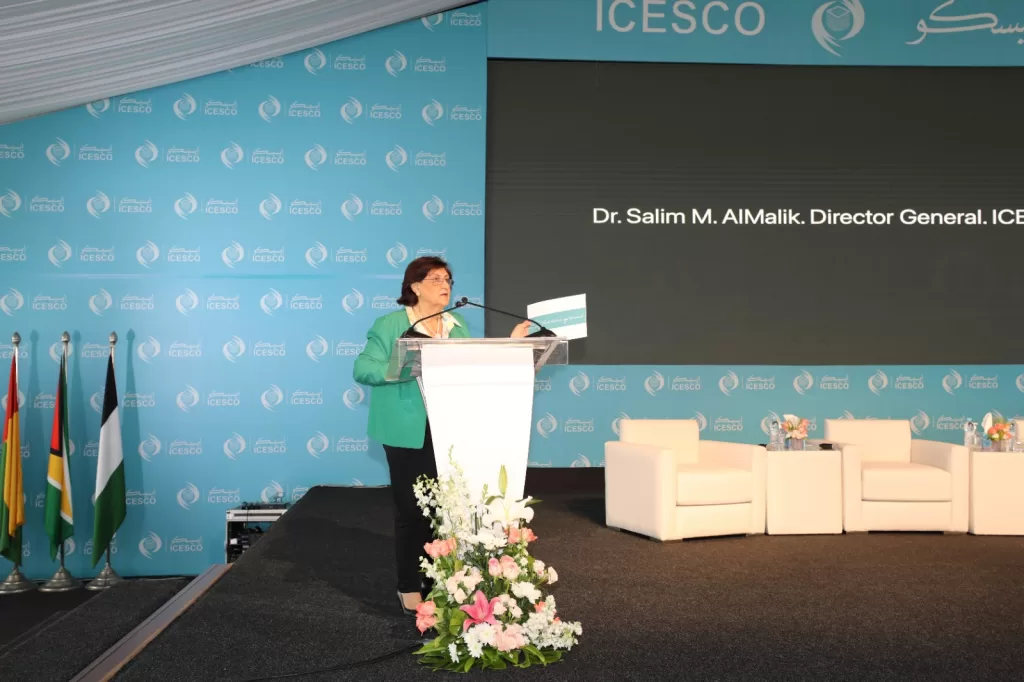
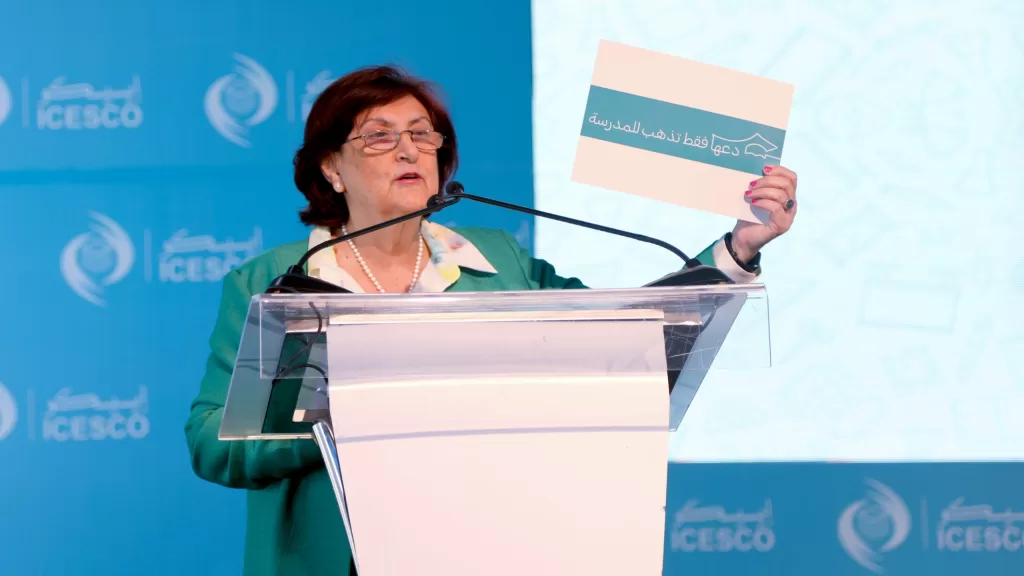
In her remarks, Dr. Aawatif Hayar, Minister of Solidarity, Social Integration and Family in the Kingdom of Morocco, reviewed Morocco’s efforts in protecting children’s rights. Her speech, delivered on her behalf by Dr. Mohamed Ait Azizi, Director of the Family and Childhood Department of the Ministry, highlighted the country’s innovative policies geared towards ensuring girls’ access to education.
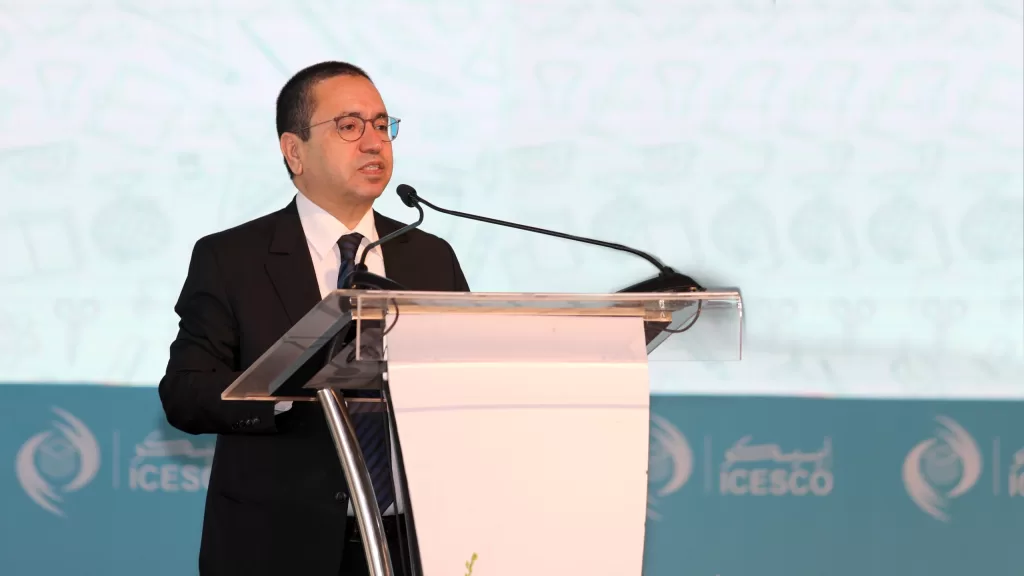
For her part, Ms. Safiya bint Intah, Mauritanian Minister of Social Affairs, Children and Family, highlighted the key obstacles to girls’ education in the Islamic Republic of Mauritania, including child marriage, poverty, and poor coordination between families and schools, and the measures implemented by the country to address these challenges.
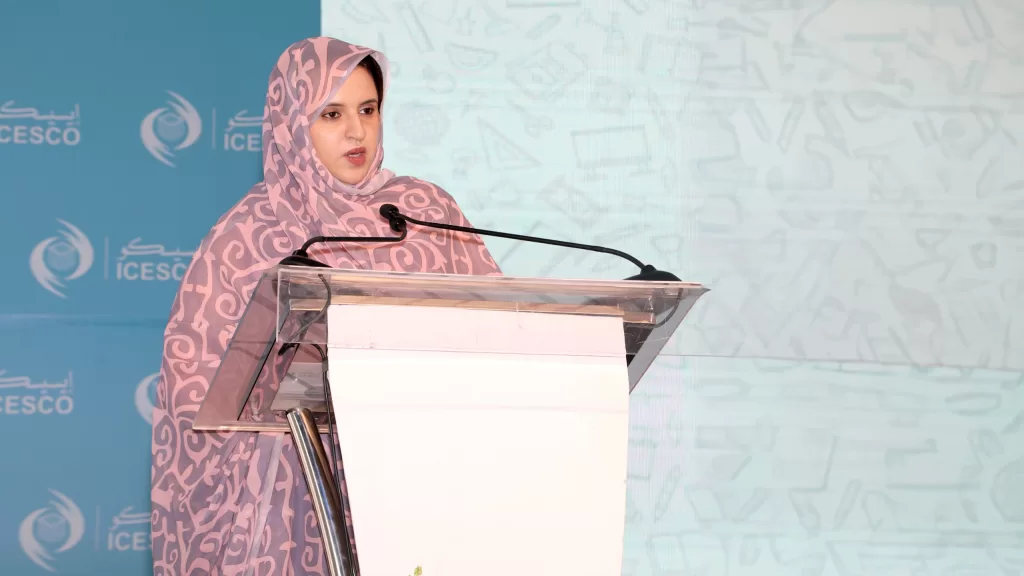
In her address, delivered on her behalf by Mr. Anar Karimov, Head of Partnerships and International Cooperation at ICESCO, Dr. Koumbou Barry, Head of the Education Sector at the Organization, emphasized the need to intensify efforts to combat the marginalization of girls, address the economic gaps and inequalities between male and female youth in the Arab and Islamic worlds, and leverage technology to reach girls deprived of education.
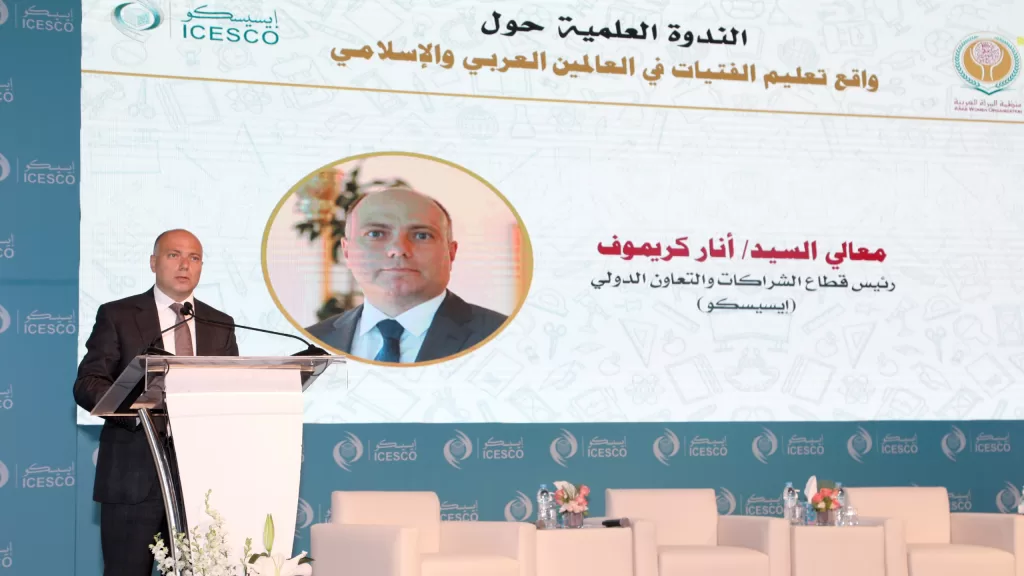
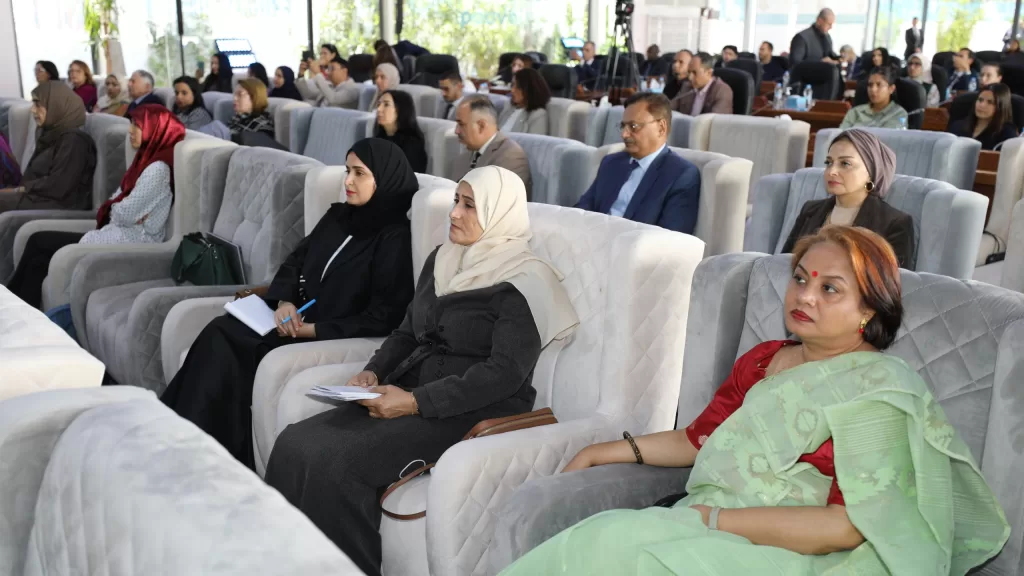
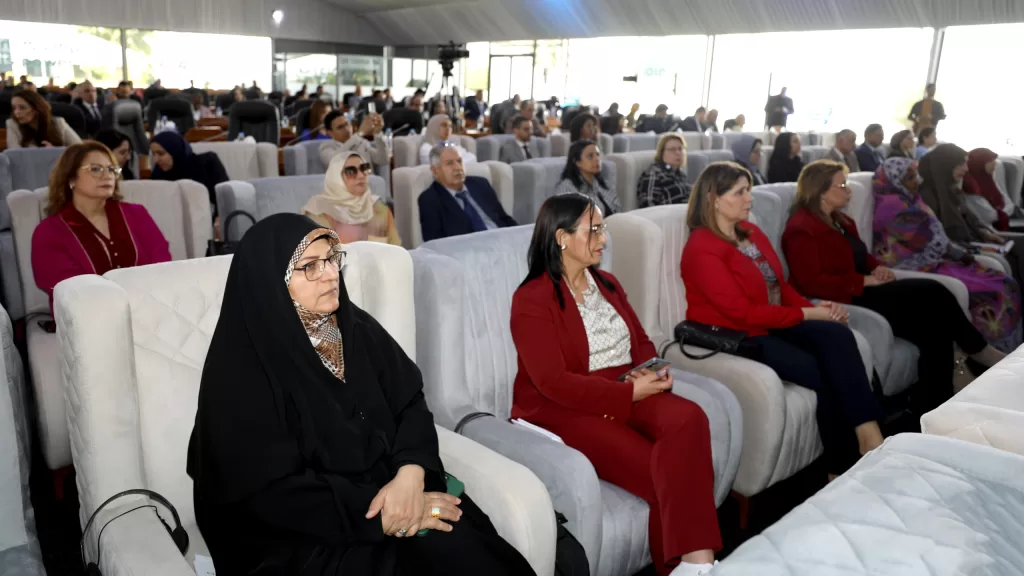
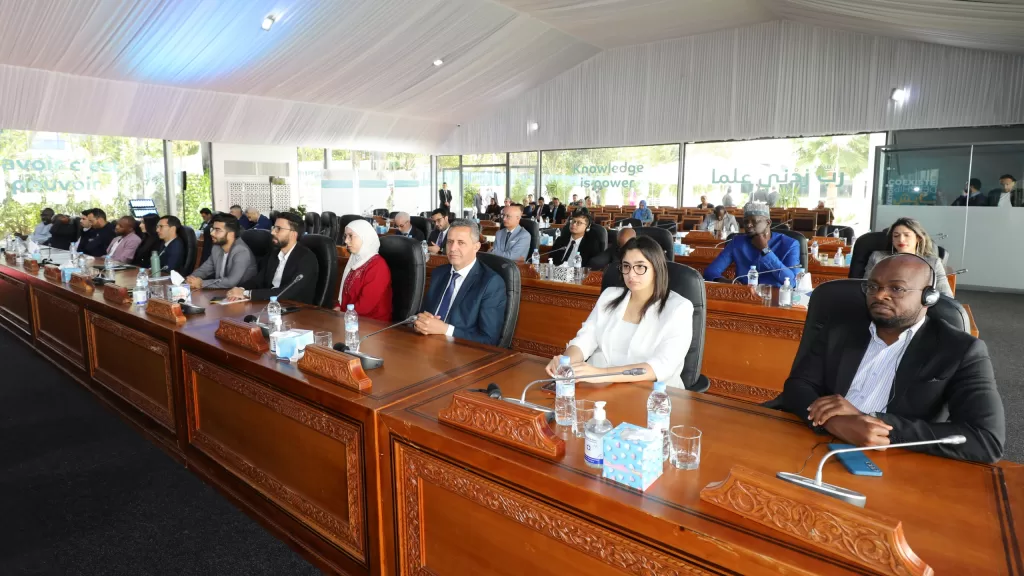
Subsequently, the Seminar’s first-day sessions began. The first session discussed comparative studies on the status of girls’ education in the Arab and Islamic worlds, while the second focused on the economic consequences of denying girls access to education.
